Thyroid hormones need to be just right. Doctors test a hormone known as Thyroid Stimulating Hormone (TSH) to guide appropriate dosing of thyroid medication. Doses that are too high or too low can result in multiple symptoms. Severe hyperthyroidism, seen when TSH is too low, can be a life-threatening situation, and doctors worry about even slight hyperthyroidism due to its effects on the heart and bones.
Before interpreting TSH levels, it’s important to consider when the patient’s levels were taken, when they last took the medication prior to testing and what type of medication is prescribed.
Recommended Lab Tests
When a patient is first diagnosed with hypothyroidism, labwork is typically required in 4-6 weeks increments after initiating medication is initialled until the optimal dose is achieved. Patients should always be counselled in monitoring the symptoms of overdosing medication. When optimal levels are reached, labwork can be repeated every 3-6 months.
In addition to looking out for symptoms of hypothyroidism or hyperthyroidism, I also recommend specific lab testing. There are three main thyroid tests I recommend to measure your response to medications:
- TSH: This hormone responds to low or high amounts of circulating thyroid hormones. This will be elevated in hypothyroidism or severe Hashimoto’s disease, and it will be low in patients with Graves’ disease.
- Free T3& Free T4 : These are the active circulating thyroid hormones in your body. It’s possible for the TSH to be normal and the free T3 and free T4 to be low from a type of hypothyroidism know as central hypothyroidism so it’s important to evaluate these.
If your doctor does not order these tests for you, our naturopathic doctors offer comprehensive lab testing.
Rules for Timing your labwork
- Get your labwork done in the morning on an empty stomach. TSH levels can decline throughout the day so it’s best to check first thing in the morning and be consistent with fasting prior to testing.
- Take your thyroid medication after you do your bloodwork.
- Synthroid and Levothyroxine: These are T4-only medications. T4 has a long half-life meaning that it can take up to 9 days to clear 50% of the dose from your body so your levels will stay relatively stable. Your blood levels peak 2 hours after taking your medication however so taking your medication in the morning and going for bloodwork in the morning may lead to falsely elevated free T4 so it may be best to postpone your dosing until after the labwork.
- Dessicated Thyroid, compounded T4/T3, or Cytomel (liothyronine): These are formulas that contain T3. Since T3 has a very short half-life, the timing of your labwork is more critical. Studies have shown that TSH is lower for up to 5 hours after taking T3. The levels stabilize 13 hours after taking medication. Free T3 levels peak 4 hours after taking medication so taking medication before testing may show that you are overdosed. Again, for best results, postpone taking your thyroid medications until after your test.
Aside from when you are tesing your thyroid function, you should always take your medication as prescribed. While you may be tempted to adjust the dose, it’s best to remain consistent so that your health care providers can best advise you in treating your thyroid disease.
The Naturopathic Doctors at Bronte Wellness Boutique are highly trained in specialized blood testing for thyroid disease such as hypothyroidism and Hashimoto’s. Medication is only one branch of care in treating thyroid problems. Our Oakville Naturopaths help counsel optimal dosing, supplement intervention and dietary modifications to get you feeling your best. Feel free to book an appointment today to get on the path to optimal thyroid health.[/fusion_text]


